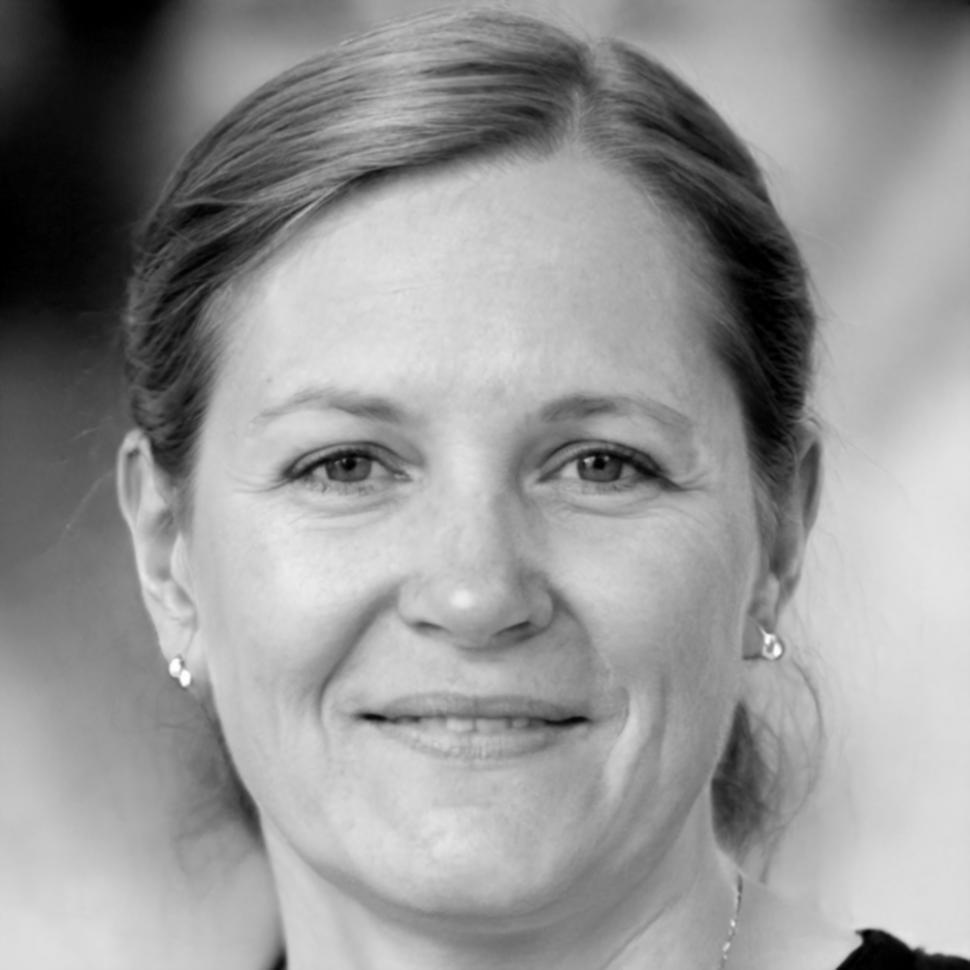What You'll Actually Learn
Build Budgets That Last Beyond Next Month
Most budgeting courses focus on tracking daily expenses. That's useful, but it doesn't help when you're trying to plan a house deposit, business expansion, or five-year family goals. We focus on the longer view because that's where real financial stability comes from.
Foundation Phase (Weeks 1-8)
Understanding your current patterns before planning ahead. We look at income cycles, irregular expenses, and the gaps most people miss when they're only thinking month-to-month.
Planning Phase (Weeks 9-18)
Creating flexible frameworks that adapt to life changes. You'll work on real scenarios like career transitions, housing decisions, and family planning with actual numbers and timelines.
Implementation Phase (Weeks 19-32)
Testing your budget against real situations. This is where theory meets practice, and you'll adjust your plans based on what happens rather than what you hoped would happen.



